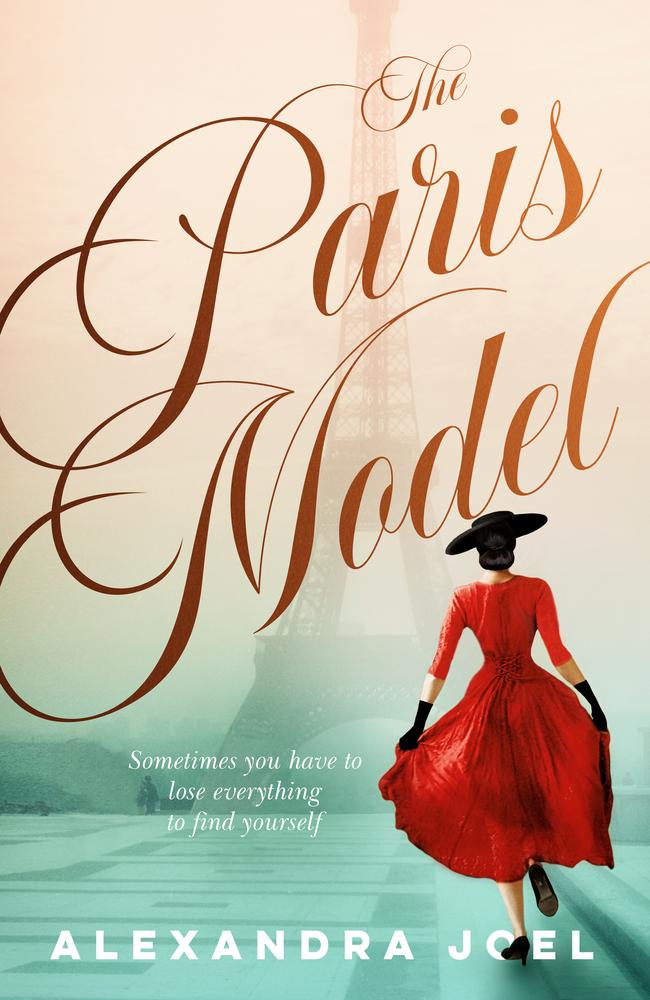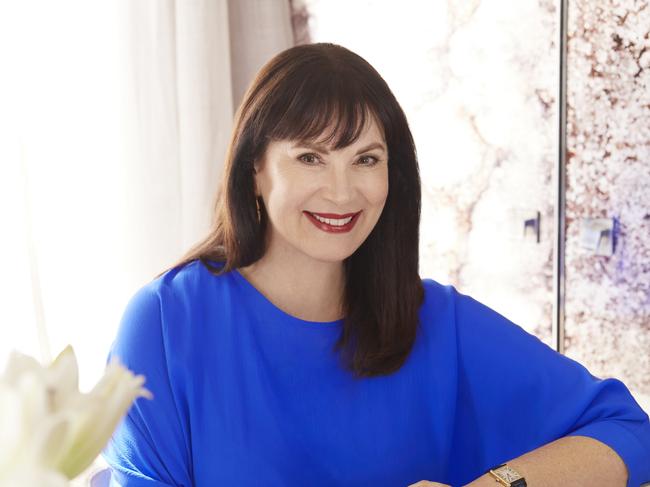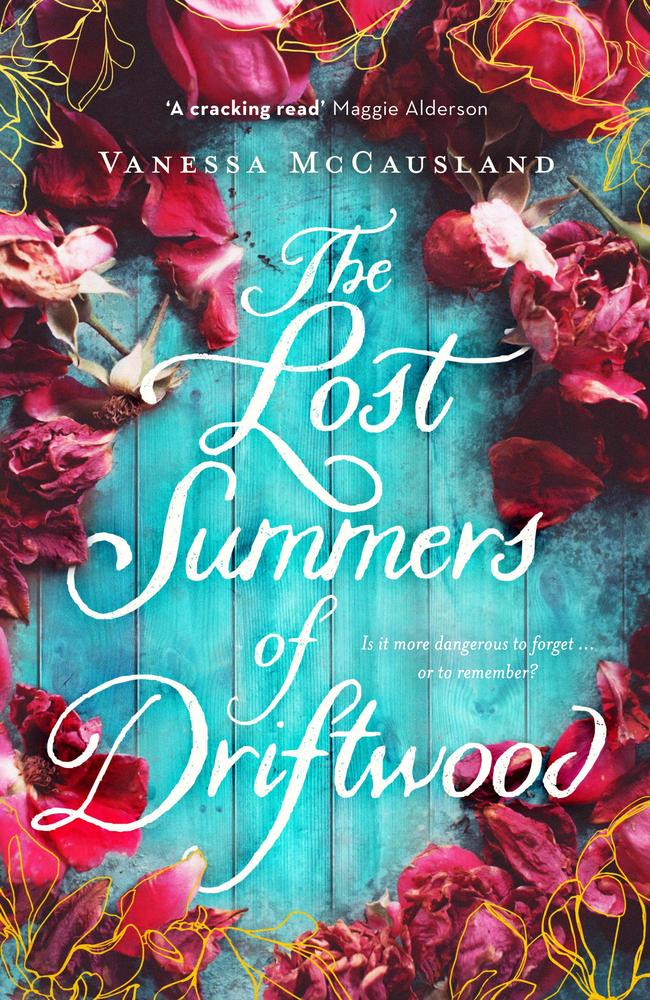Why my friend forgave me for stealing her mother’s story
Former Harper’s Bazaar editor Alexandra Joel has revealed she stole the story of her friend’s mother — and how she reacted.
Books
Don't miss out on the headlines from Books. Followed categories will be added to My News.
Time to come clean: I’m a thief. Probably a cheat. Maybe a liar, too.
Just like every novelist, I steal from friends and family — even perfect strangers are not safe.
That’s where stories come from; it might be a line in a newspaper, a conversation overheard on the bus or an intriguing exchange caught on the car radio just before I arrive at the supermarket or the beach.
When it came to The Paris Model, however, my kleptomania knew no bounds.
Let me explain: after my last book, Rosetta: A Scandalous True Story came out (a memoir about my great-grandmother who abandoned her husband and small child to run away with a half-Chinese fortune teller called Zeno the Magnificent), I began to receive emails, letters and messages from around the country. It seemed there were vast numbers of people eager to let loose the rattling skeletons in their own formerly locked cupboards.
I was, therefore, not entirely surprised when, while sipping tea in the fragrant garden of my good friend ‘S’ I heard her say, “Let me tell you about my mother.”

As soon as I learnt about the mystery surrounding Grace Woods’ birth, the tragedies that engulfed her parents and the astonishing coincidence that provided this striking, green-eyed girl with an entirely new identity, I was captivated.
“Would you let me write your mother’s story?” I immediately asked, only what I was really saying was, “Can I steal her away, take her on new adventures in glamorous 1940s Paris, make her a Dior mannequin, force her into perilous situations, watch on as she experiences joy and suffering, as she falls hopelessly in love?”
This was not to be a case of merely imagining the odd scene or conversation. I intended to make Grace mine. Yet, how was I to do this and maintain some kind of integrity?
I was determined to use Grace’s own name and that of her parents, to include the key details of her life that would drive the story forward. But though I wanted to remain true to Grace’s spirit, I knew that much of what I’d write about her would be shameless invention.

Some memoirists utilise a trick that Brian Matthews, author of Louisa (a book about Henry Lawson’s mother), calls “fiction’s bridge”. This means the writer dreams up dialogue or fills in otherwise empty gaps in a true story.
Clive James employed the technique in five self-revelatory volumes, starting with The Blaze of Obscurity; so did Vicki Laveau-Harvie in her recent Stella prize-winning memoir, The Erratics. I’d used it myself when I wrote Rosetta.
But these examples come under the heading of biography, whereas the book I was fired up about would be a novel. Didn’t that give me the licence to go further, to write exactly what I wanted?
Not entirely. For instance, although the real Grace married a country boy who became a World War II flying ace, her invented husband committed other, less commendable acts. As I didn’t want to saddle my friend’s dear departed father with this fictional man’s offences, he acquired a new name. I also used a single letter to identify “S” — the decision to reveal an intimate connection to Grace Woods would be hers alone.
All the same, I was acutely aware of my responsibilities — to “S”, her family and, most important of all, to the entrancing Grace Woods herself. Despite my friend’s reassurances, I knew from past experience that the idea of a thing is very different to reading it in confronting black and white.
Once I’d sent the first draft of The Paris Model to her, I began a nervous wait. My nights were long and restless, filled with worry that I’d caused offence, taken too many outrageous liberties, that she’d be distressed. When, finally, I saw her name appear on my phone I felt a ghastly pang of apprehension.
“Um, what did you think?” I stammered.
There was a moment’s silence. Then she said, “I love it — and Gracie would have too. You’ve given her the life she would have adored to live.”
My spirits soared. It was a fantastic, amazingly generous response — especially to a thief.
The Paris Model, by Alexandra Joel and published by HarperCollins Australia, is in bookstores from Monday, January 20.
There are more lost loves, rekindled passions, tragedy and betrayal in Vanessa McCausland’s The Lost Summers Of Driftwood, our book of the month for January.

You can get it for 30 per cent off by using the code DRIFTWOOD at Booktopia. And remember to share your favourite holiday reads with fellow book lovers by joining the chat at the Sunday Book Club Facebook page.
Originally published as Why my friend forgave me for stealing her mother’s story
